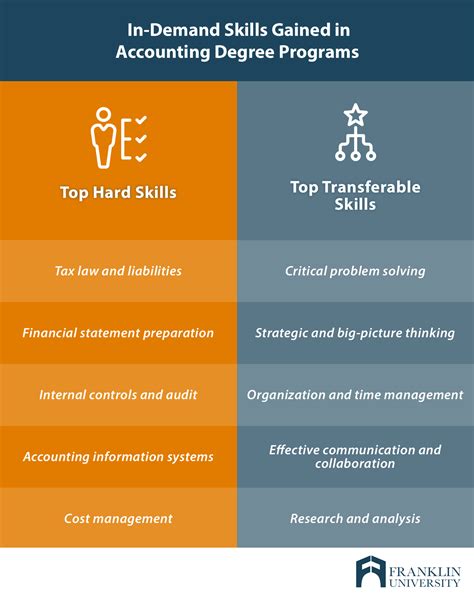Aspiring accountants may often wonder about the level of difficulty involved in pursuing an accounting degree. The truth is that the difficulty of an accounting degree can vary depending on the individual’s academic background, work ethic, and the specific institution where they study. However, statistics and expert opinions provide valuable insights into the challenges and rewards that come with this academic pursuit.

Academic Rigor and Coursework
The core coursework for an accounting degree typically includes subjects such as financial accounting, managerial accounting, auditing, taxation, and financial analysis. These courses demand a strong understanding of accounting principles, analytical thinking abilities, and competence in mathematics. Students are expected to apply these concepts to real-life business scenarios through case studies, simulations, and problem-solving assignments.
According to the American Accounting Association (AAA), approximately 65% of accounting graduates report spending 15 or more hours per week studying during their undergraduate years. The Institute of Management Accountants (IMA) estimates that successful accounting students dedicate around 8 to 12 hours per course per week to coursework.
Time Commitment and Workload
Balancing academic demands with other responsibilities, such as extracurricular activities, internships, and part-time employment, can be challenging for accounting students. The workload can be intense, requiring consistent effort throughout the semester.
A study by the University of California, Berkeley found that accounting students spend an average of 10 hours or more per week on homework, projects, and assignments outside of class time. Additionally, research by the Association of Collegiate Schools of Business (AACSB) indicates that over 60% of accounting students participate in internships or experiential learning opportunities to gain practical experience alongside their academic studies.
Common Misconceptions and Challenges
Misconception: Accounting is only about crunching numbers.
Reality: While data analysis and numerical accuracy are essential, accounting involves much more. Accountants are expected to interpret financial information, make strategic decisions, and provide valuable insights to organizations.
Misconception: Accounting is a monotonous field.
Reality: Accounting is a dynamic and evolving field that offers a diverse range of career opportunities in various industries. Accountants play a crucial role in ensuring the financial health and sustainability of businesses.
Challenge: Complying with complex accounting standards and regulations.
Tip: Stay updated with the latest industry regulations and best practices by pursuing professional certifications and attending industry events.
How to Succeed in an Accounting Degree
1. Develop Strong Analytical Skills:
Sharpen your ability to analyze financial data, identify trends, and interpret results. Develop critical thinking and problem-solving abilities to tackle complex accounting challenges.
2. Master Accounting Principles:
Lay a solid foundation by studying accounting principles, concepts, and standards thoroughly. Seek clarification from professors, attend study groups, and utilize online resources to enhance your understanding.
3. Practice Consistently:
Apply your knowledge through regular practice. Solve accounting problems, participate in case studies, and work on assignments to reinforce concepts and build proficiency.
4. Seek Support and Guidance:
Don’t hesitate to reach out to professors, teaching assistants, or peers for help when needed. Join accounting clubs, attend workshops, and leverage university resources to supplement your learning.
5. Develop Strong Communication Skills:
Accounting involves communicating financial information to stakeholders in clear and concise ways. Enhance your written, verbal, and presentation skills to effectively convey your findings and recommendations.
Career Prospects and Rewards
Despite the demanding nature of an accounting degree, it offers promising career prospects. According to the U.S. Bureau of Labor Statistics (BLS), the job outlook for accountants and auditors is projected to grow by 6% from 2021 to 2031, faster than the average for all occupations.
Table 1: Median Annual Salaries for Accountants and Auditors
| Occupation | Median Annual Salary (May 2022) |
|---|---|
| Accountants | $73,500 |
| Auditors | $82,250 |
| Financial Analysts | $96,820 |
| Management Accountants | $100,910 |
Table 2: Industries Employing the Most Accountants
| Industry | Percentage of Accountants Employed |
|---|---|
| Accounting, Tax Preparation, Bookkeeping, and Payroll Services | 35.1% |
| Government | 16.4% |
| Finance and Insurance | 13.0% |
| Professional, Scientific, and Technical Services | 11.3% |
| Other Services (except Public Administration) | 6.7% |
Conclusion
While an accounting degree presents challenges, it also offers a rewarding and fulfilling career path. By embracing the workload, developing essential skills, and seeking support, aspiring accountants can navigate the rigors of their academic journey and unlock opportunities in a high-demand field.
